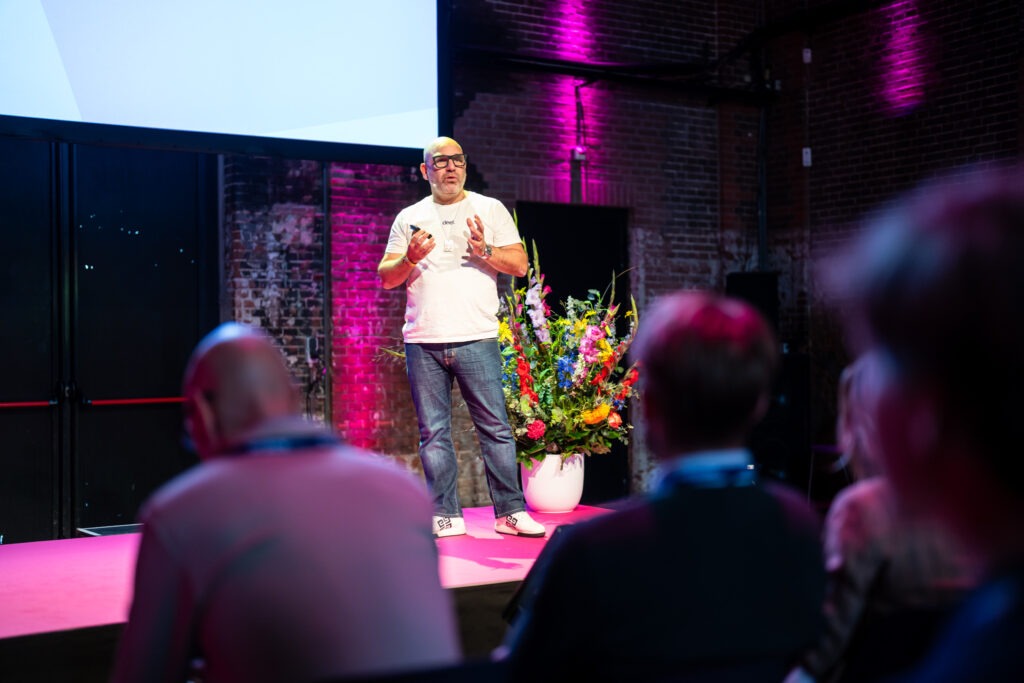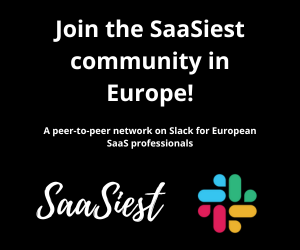
The rise of remote work has transformed the way organizations operate, collaborate, and grow. Daniel Eisenberg, Head of Expansion at Deel, has been at the forefront of this change. Leading a team across 14 countries, with a completely remote workforce, Eisenberg offers a blueprint for how businesses can not only adapt but thrive in this new era. Deel, a fully remote company operating in over 100 countries, has redefined how organizations can expand globally without the need for physical offices.
A 100% remote company in a 100 countries
Deel’s success story challenges many misconceptions about remote work, particularly the notion that it hinders culture-building and creativity. Contrary to these assumptions, Deel is proving that remote work can foster both. The company, which operates without any physical office and has teams spread across 100 countries, is set to reach $1 billion in ARR by fall, showing how a remote-first approach can drive both innovation and business growth.
Instead, it offers new opportunities to engage with a global workforce, giving businesses access to talent pools they couldn’t have reached before.
Global expansion made easy
Deel’s platform simplifies global hiring, eliminating the need for companies to set up local entities in new markets. Through Deel, businesses can hire talent anywhere, streamlining payroll and HR operations. As Eisenberg explains, “Instead of navigating the complexities of payment operations or setting up your own entity, Deel allows you to explore and enter new markets seamlessly. Once you’ve identified a market’s potential, we help you manage the local setup, from opening entities to handling global payroll- all through a single interface.”
Remote work is a new norm for 30% of companies
Over the past five years, 30% of new companies have launched as fully remote operations, a trend accelerated by the global pandemic. However, as Eisenberg points out, this shift requires a rethinking of leadership norms and organizational culture.
“40% of remote workers report feeling disconnected from their colleagues, and that’s a serious challenge,” Eisenberg notes. “Leaders need to operate differently. We have to redefine what leadership looks like in a remote-first world.”
Redefining leadership for a global workforce
In this new remote era, leadership must be adaptive and flexible. It’s important for organizations to embrace global talent pools and rethink traditional office-bound work models. “Previously, you might have required someone to be physically present in Stockholm. Now, you just need them to work within a certain timezone. Whether they’re in Europe or working remotely from Bali, as long as they deliver results, location becomes irrelevant.”
This flexible approach has allowed Deel employees to craft a work-life balance that suits them, whether that means working from a beach in Bali or at a café in Stockholm. “Many of our employees spend their winters surfing in Bali and working in the afternoons, and it works. The point is, we need to find new ways to work in this era, either we fight it, or we embrace it.”
Building and inspiring a remote team
Creating a thriving remote work culture starts with hiring the right talent. According to Eisenberg, “The first question I ask in an interview is whether someone has worked remotely before. Some people love it, others are hesitant. It’s important to have that conversation upfront.”
Once the right talent is in place, leadership must focus on empowering teams through goal setting, delegation, and autonomy. “I always make sure I reach out to new hires. It’s a 15-minute conversation, just to introduce myself and say, ‘Welcome to Deel.’ It helps employees feel seen, and they know if they hear from me, it’s because I care about how they’re doing.”
Eisenberg is also a strong advocate for structured onboarding processes. Deel’s three-week onboarding program is designed specifically for remote settings, ensuring new employees not only gain the necessary knowledge but also feel connected to the broader organization. “It’s the best onboarding experience I’ve ever had in my 27-year career,” he says.
Creating a remote culture without an office
A common misconception about remote work is that it hinders the development of a strong company culture. However, culture stems from people and shared values, not a physical space. Even if an office moves from one city to another, the core culture remains unchanged – it’s driven by the team, no matter the location.
At Deel, the focus is on fostering purpose and a sense of belonging that transcends physical boundaries. The recruitment process emphasizes qualities like purpose, heart, and desire, which are essential for building a cohesive team, regardless of where members are based.
Inclusivity also plays a vital role in sustaining a healthy remote culture. Regular celebrations of team wins and recognition, such as quarterly awards, help ensure that every employee feels valued, which is even more critical in a remote environment.
Challenging the status quo in leadership
Leading a remote team requires a break from traditional leadership practices. Eisenberg is a firm believer in minimizing unnecessary meetings and promoting asynchronous communication. “We have so many meetings, and a lot of the time, they aren’t needed. Slack is a great tool for staying connected without the need for constant face-to-face meetings.”
Deel also practices continuous feedback, with quarterly feedback cycles and bi-annual promotion reviews. “Regular feedback helps keep everyone aligned and motivated. It’s about more than just performance, it’s about making sure people feel valued.”
Finally, Eisenberg emphasizes the importance of deep work. “It’s easy to get caught in a cycle of back-to-back meetings. I’ve made it a habit to block off time for deep work. It’s something I encourage my team to do as well.”
4 recommendations for remote leadership
Eisenberg leaves us with four key recommendations for leading in a remote-first world:
- Proactive leadership: Anticipate challenges and address them early to stay ahead of the curve.
- Agenda-less meetings: Create space for casual conversations, similar to impromptu office chats. For example, hosting weekly meetings focused on non-work topics helps maintain personal connections.
- Non-corporate communication channels: Utilize informal platforms like WhatsApp to foster team bonding through sharing memes, celebrating birthdays, and connecting on a personal level.
- Be personal: Sharing personal stories and experiences strengthens trust and loyalty. Leaders can deepen relationships by allowing their team to see them as individuals, not just as bosses.
Eisenberg’s approach to remote leadership is clear: success in the remote era isn’t about recreating the office, it’s about embracing new opportunities to build connections, foster creativity, and lead with purpose. As Deel continues its impressive growth, it’s evident that remote work, when done right, can be a powerful engine for innovation and success.




